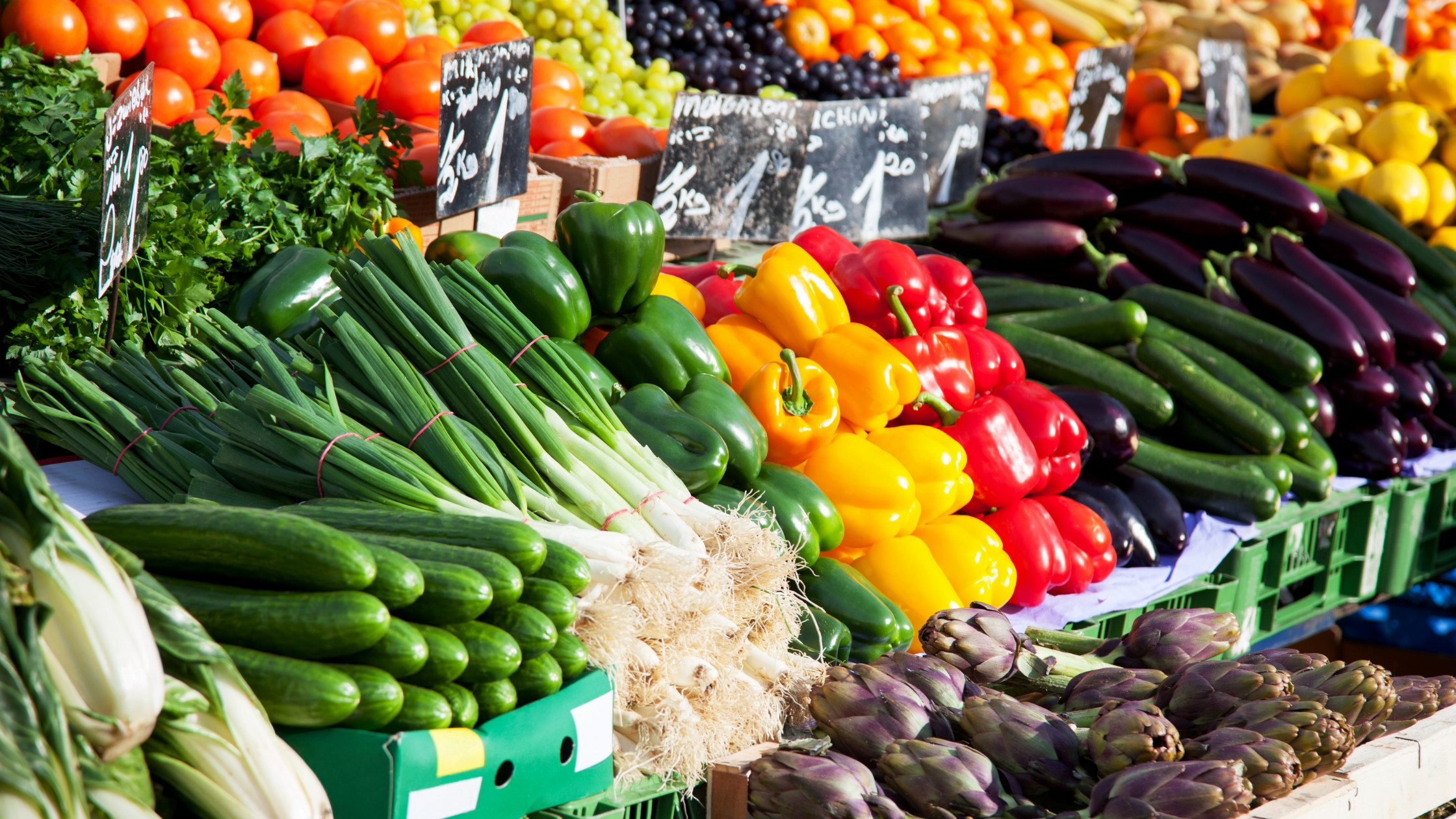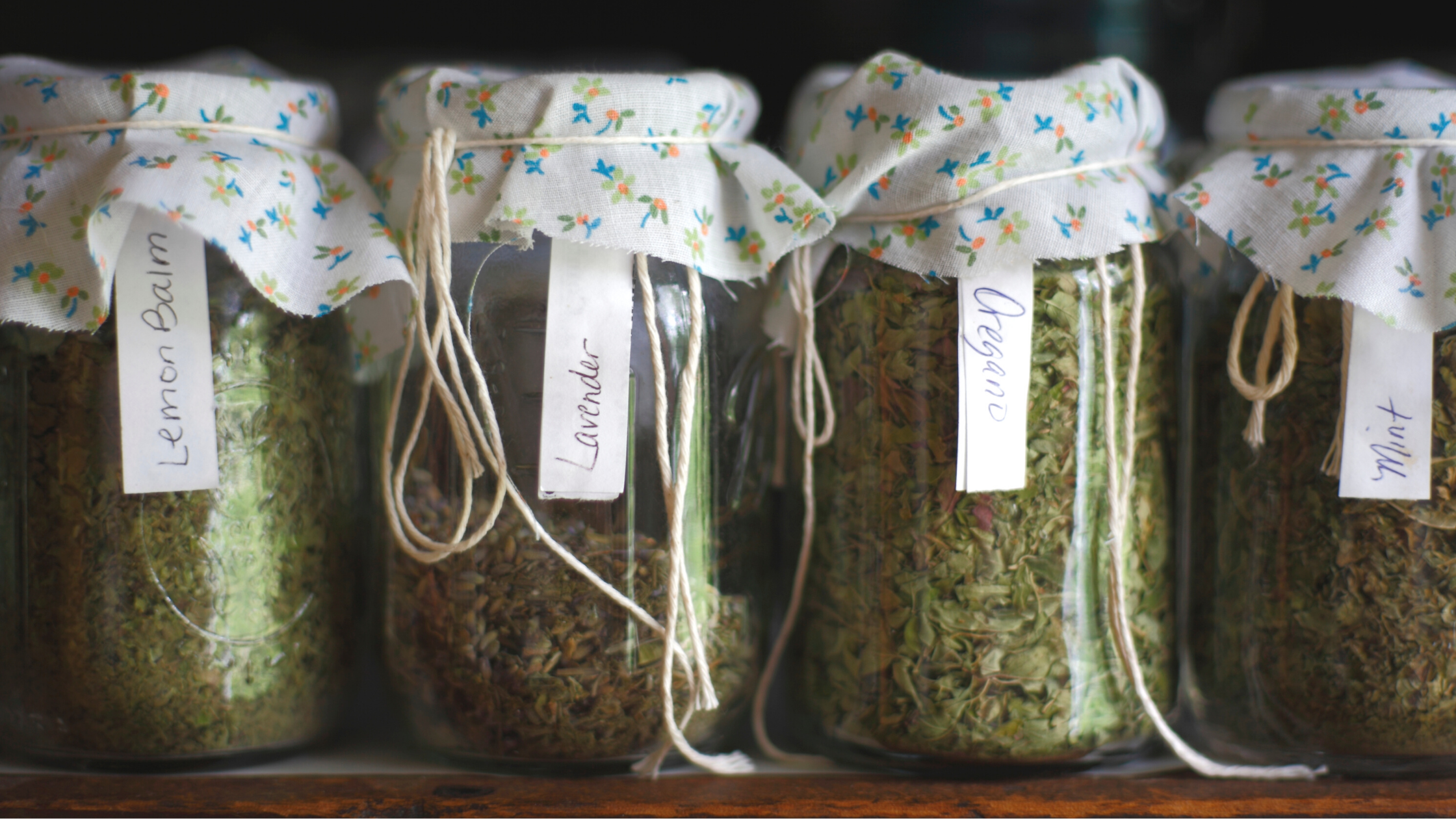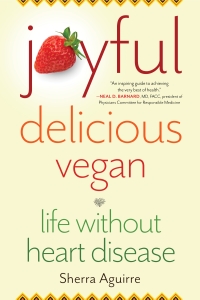Fresh Food Budget Stretchers

Leafy Greens
Don’t rinse greens like collards, spinach, kale, etc. until you’re ready to use them. When they are stored dry they will break down more slowly and last longer. If you feel like you need to rinse them, when finished lay them out on your counter to dry on paper towels or a clean dish cloth before putting them in the fridge. When I use paper towels I save them to use when picking up minor spills or little clean-ups while cooking to cut back on paper waste.
If you buy supermarket salad greens in the plastic con tubs, check the “best by” date to make sure you get the freshest product. Usually, stores put the dated items in the front to move them before they go completely bad, so pay attention! When you bring them home open the plastic tub and lay a clean dry dish towel or paper towel on top of the greens. Then store them in the fridge upside down to absorb moisture that accumulates to keep them fresher.
Avocados
Have you noticed how expensive avocados have gotten lately? They are a healthy source of fat and can be eaten so many different ways. Buying them bagged is definitely cheaper but only if you get to eat all of them before they get overripe, bruised, or stringy. The worst is when they all ripen at the same time, and you only need one or two for the meal.
When you buy them bagged, open the bag when you get home and check the ripeness of each one. When left on the counter, they can ripen quickly. If you plan to use some of them in the next day or so, leave those out on the counter and put the others in the fruit bin, since they are technically a fruit, and they will ripen more slowly.
Parsley, Cilantro, and Mint
I love to store green herbs in a jar, a glass, or even a small flower vase with water on the kitchen counter or in a window.  Mint is my favorite because the scent makes the whole kitchen smell fresh and inviting, and the greenery adds warmth to the kitchen the same as any green plant. Be sure to trim the stems so they can absorb the water and keep the herbs from wilting. This way they can last up to a week, as long as you keep the end of the stems in the water and the container full enough to cover them. If you have more than you can use in a week, put the rest in the fridge resting on a paper towel so the leaves stay dry. If you store herbs or other green vegetables in the grocery store produce bags, put some holes in the plastic so they can breathe. There are also reusable produce storage bags you can buy to help maintain freshness.
Mint is my favorite because the scent makes the whole kitchen smell fresh and inviting, and the greenery adds warmth to the kitchen the same as any green plant. Be sure to trim the stems so they can absorb the water and keep the herbs from wilting. This way they can last up to a week, as long as you keep the end of the stems in the water and the container full enough to cover them. If you have more than you can use in a week, put the rest in the fridge resting on a paper towel so the leaves stay dry. If you store herbs or other green vegetables in the grocery store produce bags, put some holes in the plastic so they can breathe. There are also reusable produce storage bags you can buy to help maintain freshness.
Fruit and Citrus
Firm fruit like apples and pears can stay fresh for 2-3 weeks in the refrigerator fruit bin, which usually has an adjustable temperature setting. Citrus is always a good large quantity buy because lemons, oranges, and grapefruit will last a very long time when refrigerated. I’ve had these fruits last for a month or more and still look and taste great. Soft flesh fruits like peaches, nectarines, and kiwi bruise more easily and may only last a few days. I store all of them uncovered.
Strawberries, blackberries, and blueberries are delicious in season, and when purchased fresh may easily last a week in the refrigerator. The exception is raspberries, which in my experience start to break down quicker than other berries. When out of season, frozen fruit is usually a good buy. It is cheaper and can last for a month or more in the freezer. Another reason to buy frozen fruit is the fact that it is picked and frozen at the peak of ripeness, so the taste and nutrition profile is good. On the other hand, the produce we buy outside of our local growing season is usually harvested before it ripens, is refrigerated, and unless it is organic, is likely irradiated to slow the ripening process during shipping.
Meal Planning and a Little Creativity!
Planning meals ahead of time is another good way to reduce food waste and helps us enjoy a variety of dishes using the food we have on hand. Variety is truly the “spice of life”, and the more we add new whole plant ingredients to our meals, the more our health benefits. Whole food is energy and information that our bodies know how to decode and utilize to keep us healthy. You could even say that fruits, vegetables, herbs, grains, legumes, etc., and our bodies speak the same language and work in harmony to promote good health.
Membership in a farm share program or co-op is another way to get fresh local food below supermarket prices. A fun aspect of membership is not knowing everything that will be in your weekly produce box or bag and learning to turn whatever is there into delicious and healthy meals. If you have the opportunity to join one please try it! And remember that planning and meal prep make keeping a variety of fresh, tasty produce on your table both healthy and affordable.


